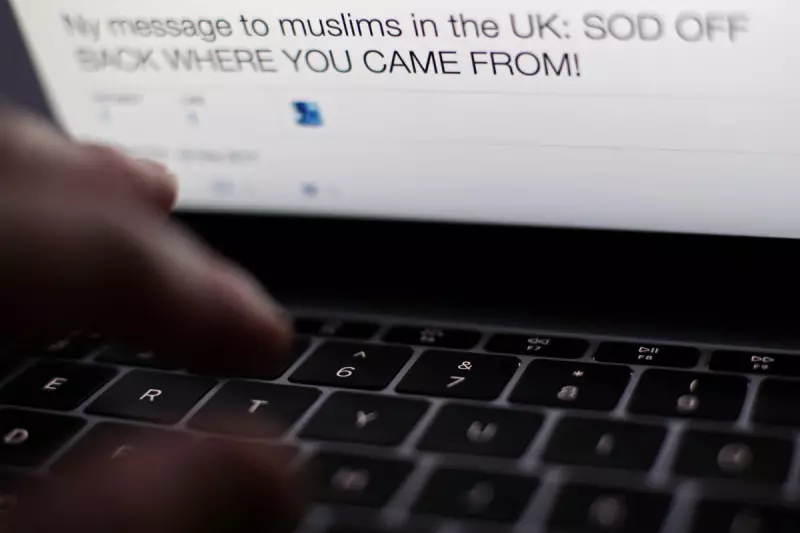
The Conservative Party is facing renewed pressure to confront what critics describe as deep-rooted institutional Islamophobia within its ranks, as prominent figures from across the political spectrum demand urgent action.
Former Attorney General Dominic Grieve has joined Labour MP Steve Reed in condemning the party's handling of anti-Muslim prejudice, warning that the Tories risk alienating voters and damaging social cohesion unless they address the issue comprehensively.
Cross-party condemnation grows
In a striking display of cross-party concern, both Grieve and Reed have highlighted what they see as a systemic failure within Conservative structures to properly investigate and eliminate Islamophobic attitudes among members and officials.
The controversy centres on allegations that the party has repeatedly downplayed or ignored complaints about anti-Muslim discrimination, creating what critics call a "hostile environment" for Muslim members and voters alike.
Failure to implement recommendations
Despite previous promises to tackle the issue head-on, the Conservatives stand accused of failing to implement key recommendations from their own internal reviews. This inertia has fuelled accusations that the party leadership is not taking religious discrimination seriously.
Steve Reed, Shadow Secretary for Communities, has been particularly vocal in his criticism, arguing that the party's inaction speaks volumes about its priorities and values.
Electoral consequences loom
With general election campaigning expected to intensify in the coming months, political analysts suggest the Conservatives' handling of Islamophobia could become a significant electoral liability.
Dominic Grieve's intervention carries particular weight given his legal background and former senior position within the party, adding to pressure on current leadership to demonstrate meaningful progress.
The ongoing controversy raises fundamental questions about the Conservative Party's commitment to equality and its ability to represent Britain's diverse population effectively in the 21st century.





